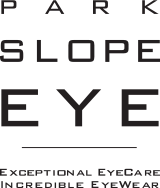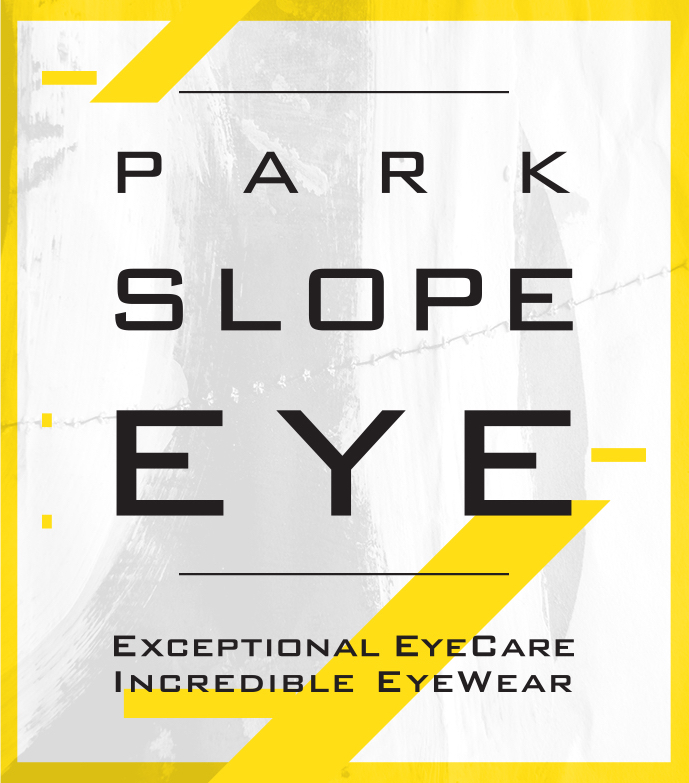Nystagmus, more commonly known as “dancing eyes,” is a condition in which your eyes make rapid, involuntary and repetitive movements. It typically develops in childhood. In today’s post, Park Slope Eye, your leading provider of contact lenses and other eye care services, shares everything you need to know about this condition.

Root Cause
Nystagmus is often caused by neurological problems that interfere with your vision developmental process, affecting your depth perception, balance and coordination. Congenital cataracts and severe refractive errors may also cause nystagmus. Having inner ear conditions, such as Meniere’s disease, may increase your risk of developing dancing eyes as well. Head injuries, anti-seizure medications and excessive alcohol consumption can also contribute.
Common Signs and Symptoms
The hallmark symptom of nystagmus is constant, uncontrollable eye movement. Your eyes may move from side to side, up and down or even in a circular manner. You may also develop blurry vision. In addition, nystagmus can cause balance issues. Affected individuals may be seen tilting their heads to compensate. If you experience any of these symptoms, we advise visiting your trusted eye doctor for a comprehensive eye doctor as soon as possible.
Diagnosis and Management
During your visit, we may ask you to spin for at least 30 seconds. We’ll then ask you to look at a certain object. If one of your eyes moves slowly in one direction then suddenly shifts to another, this may indicate nystagmus. We may also perform ear and neurological assessments to identify the underlying cause. A CT scan or an MRI may also be necessary to confirm your diagnosis.
After we confirm nystagmus, we’ll create a treatment plan. This may include wearing eyeglasses or contact lenses. While doing so is not a cure, it will help you see more clearly which can slow down your irregular eye movement. We may also have you undergo vision therapy sessions, which involve doing a set of eye exercises to help improve the coordination between your eyes and brain.
For more information on nystagmus or vision therapy, fill out our contact form to request an appointment. We serve Brooklyn, NY, and the surrounding areas.








